Enzo Ferrari took great pride in the cars he built, and especially the engines that powered them. As a racing driver himself, he understood that the beating heart of his Ferraris were paramount, as he once said, "I don't sell cars, I sell engines. The cars I throw in for free, since something has to hold the engines in". In another response to a Le Mans driver at the ungainly shape of his Ferrari, Enzo replied, "aerodynamics are for people won can't build engines".
He understands what's needed to win - just with a bit of suck, squeeze, bang, and blow. Nevertheless, the bodies that hold those engines are sculpted to perfection, as Ferraris have long been known to create the prettiest cars in history. That's the magic that the brand holds, and as the tides change, so do the way they've built their cars. Not just the engine, but how a car is designed is equally important to being faster than everyone else.
Aerodynamics, downforce, drag-coefficient, Venturi, cooling, and so forth are just some of the jargon that make up key metrics in the chase to absolute performance. In an arms-race as brutal as this, there are no exceptions. Yet, although there's plenty of science being involved, there's still the need for artistic beauty to bring chaos theory into the sterile world of computer-aided design. A car could be statistically good-looking on a chart, but as they say, beauty is in the eye of the beholder.
Designing Icons.
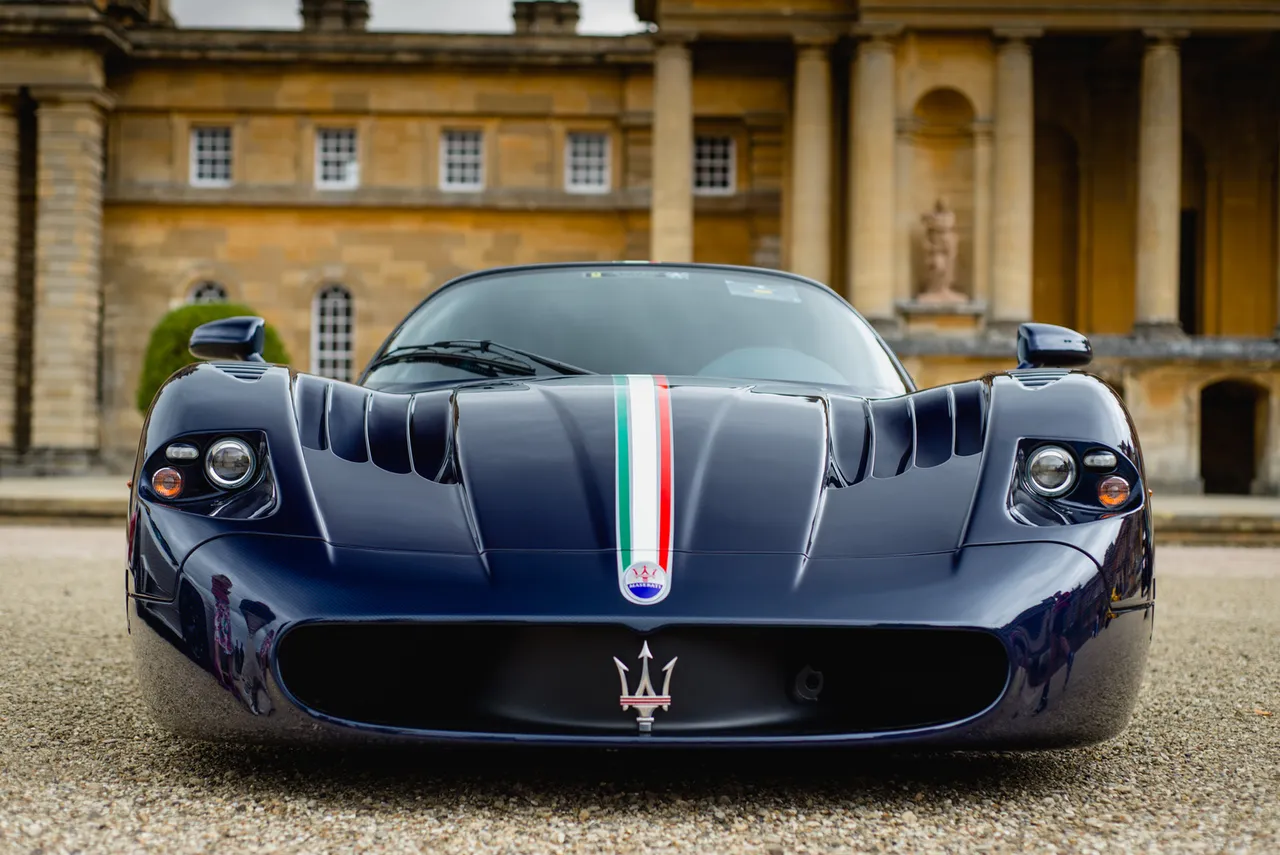
Credits to: Dave Adams - Fstoppers | The Maserati MC12 staring into your soul.
This is where people like Frank Stephenson concern themselves, with designing cars that are both fast, and pretty. He's a designer who's been involved in penning many of the most iconic cars that we see and admire today, and it's no stretch to consider him among the greatest to have ever lived. His work has stretched from the smallest of cars, to the fastest of racers the world has seen, with everything in-between, just because.
First working for Ford, he contributed his ideas to shaping one of the most recognisable sights in the car industry, the Ford Escort RS Cosworth's "whale-tail" rear-wing. Later moving to BMW, he penned their first SUV, the now iconic E53-generation X5, a homerun by the company from its birth and having kick-started today's rush on luxury SUV-mania. For BMW's subsidiary Mini, he led the rebirth of the legendary MINI name, a far opposite in size to the X5, but with an equally hearty spirit.
From Germany, he moved southwards to Italy, where Stephenson worked with the legendary design house, Pininfarina. One of his first tasks was the FXX - the Ferrari Enzo's mad, track-only incarnation that sets hairs on fire, and bled eardrums. All the while, he penned the very pretty F430 mid-engine sports-car, and their big 2+2 grand-tourer, the 612 Scaglietti.
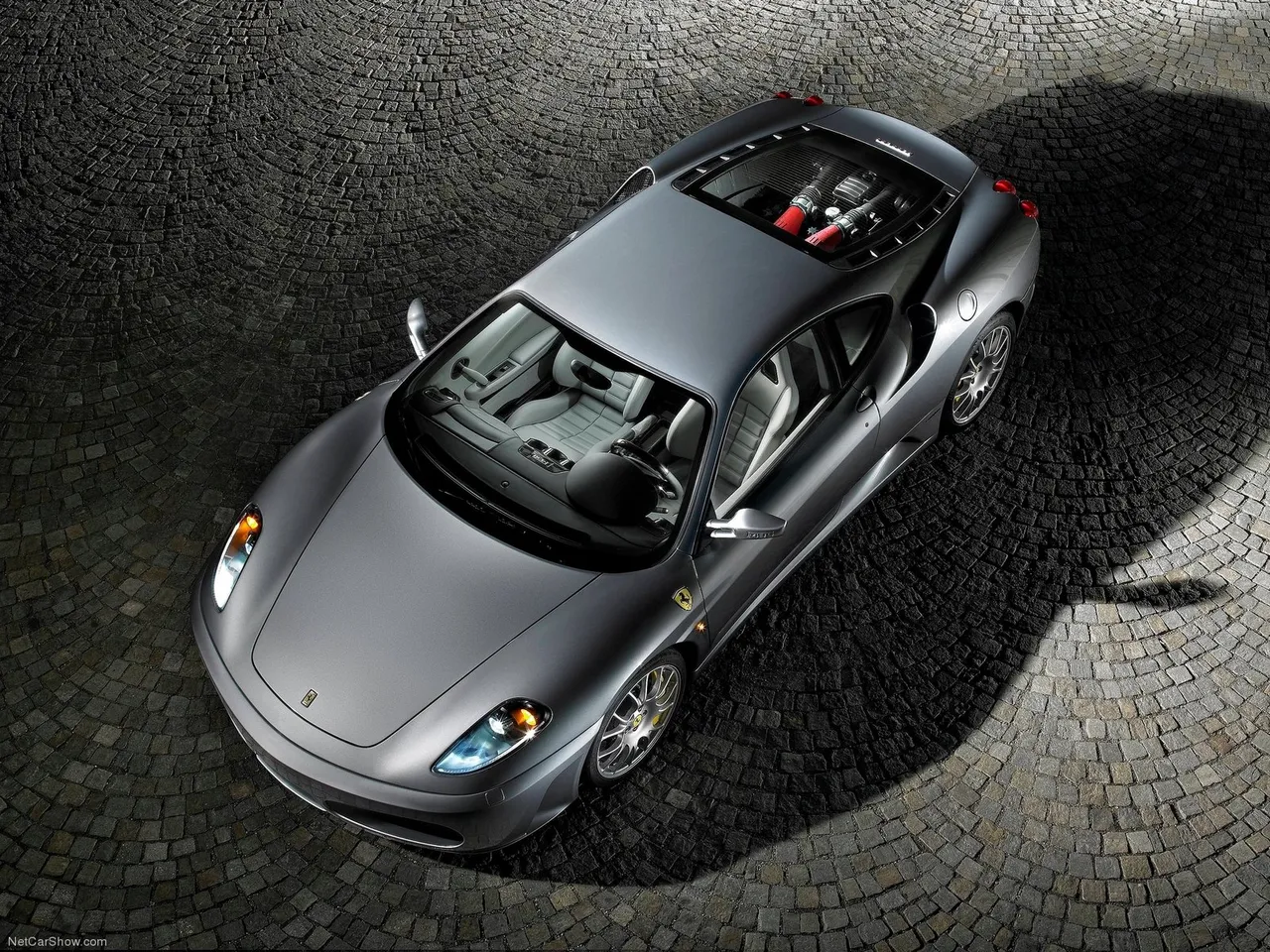
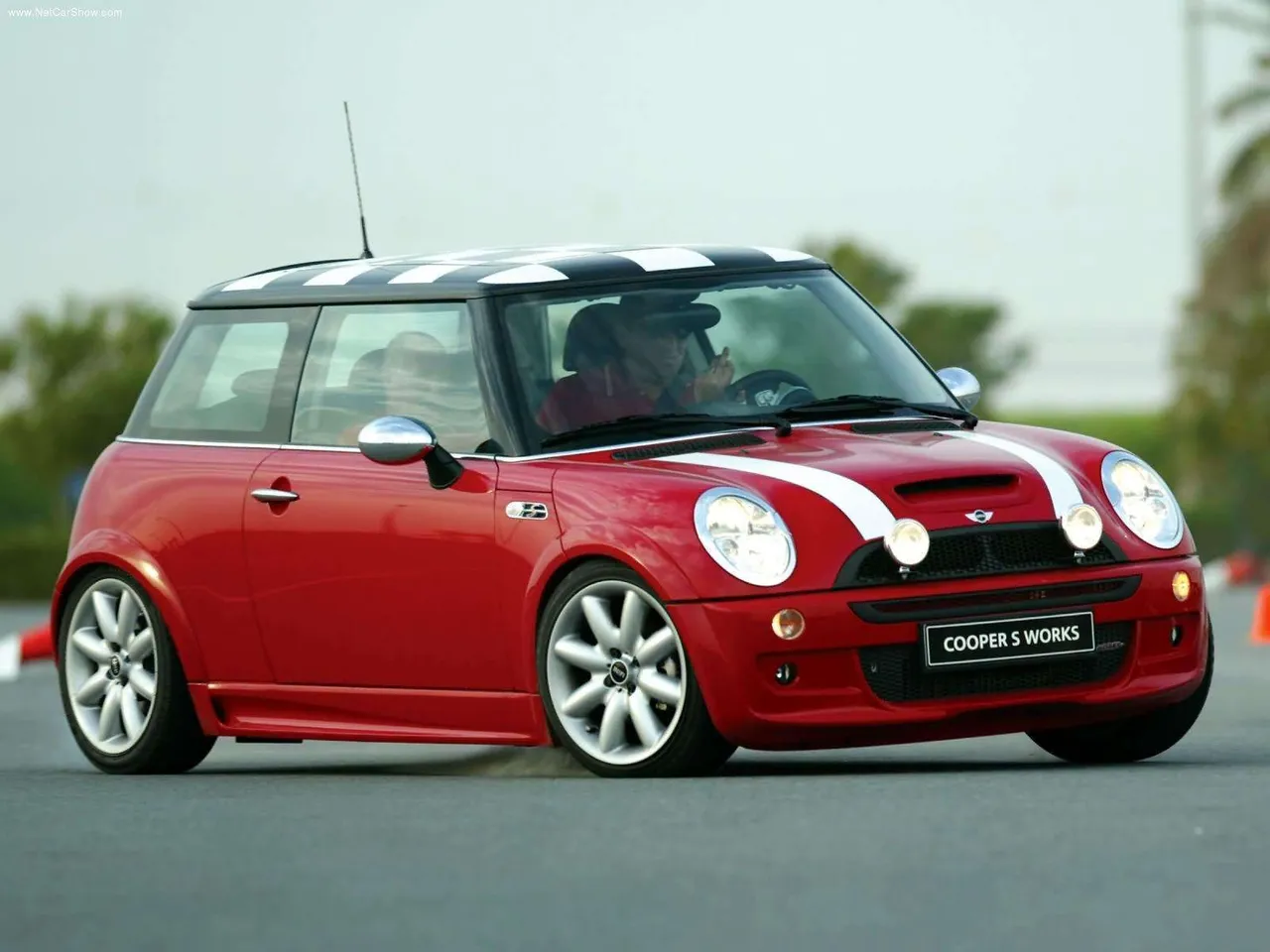
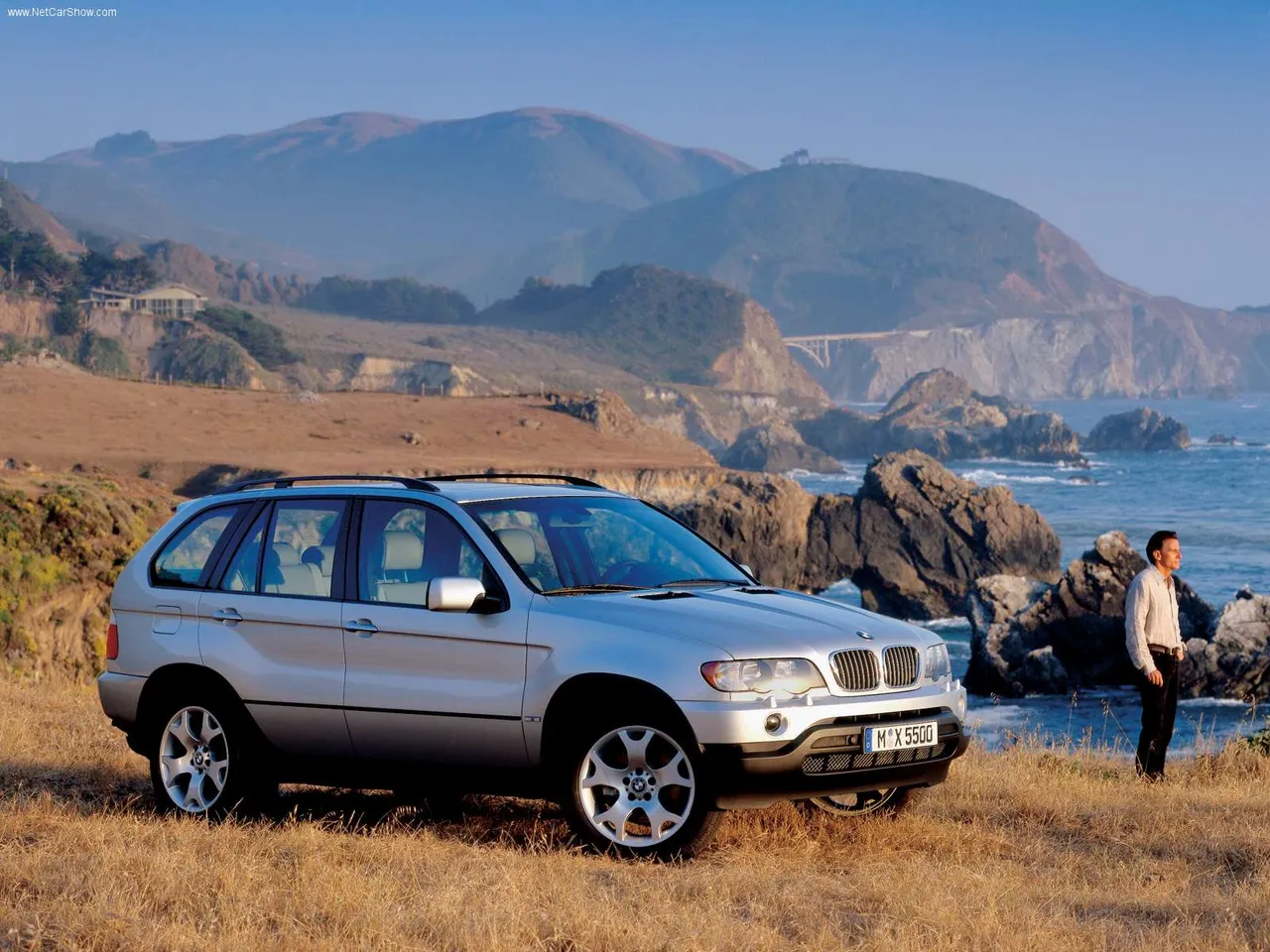
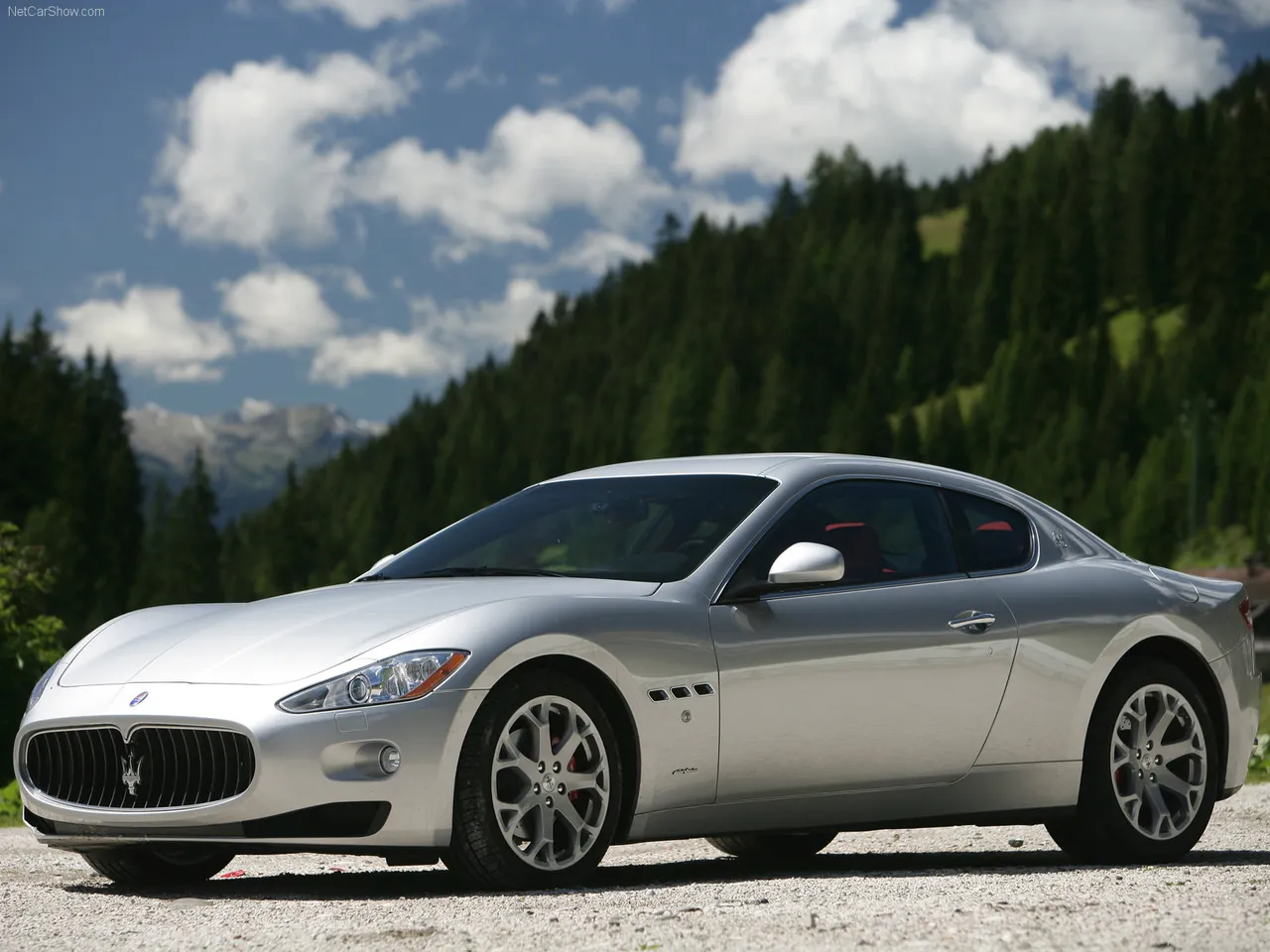
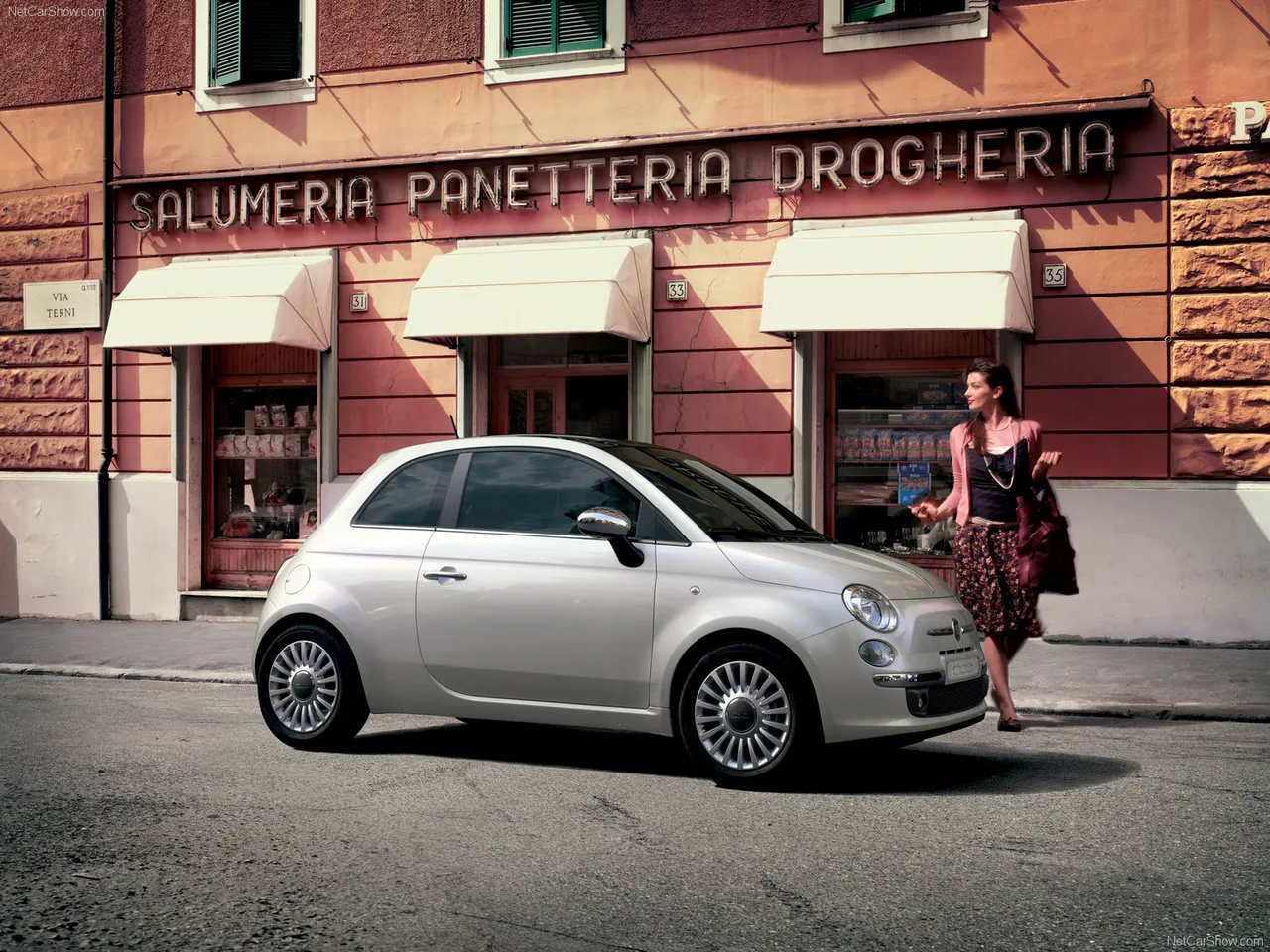
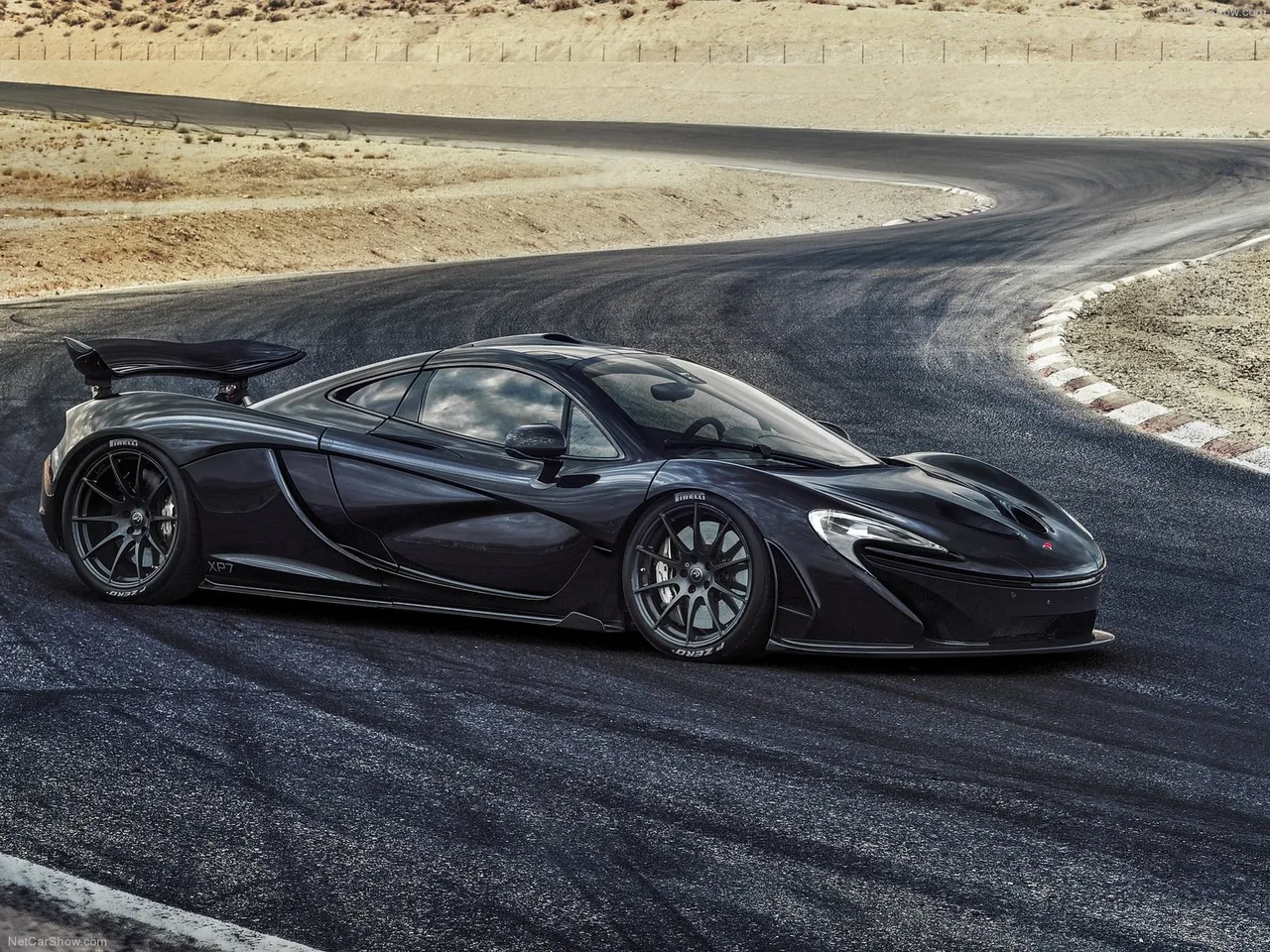
Credits to: NetCarShow - Ferrari F430, Mini Cooper, BMW X5, Fiat 500, Maserati GranTurismo, and McLaren P1
Ferrari's fellow Italian cousins needed help too, thus prompting Stephenson to bring his talents to a then-troubled - and still-troubled - Maserati. Bringing an air of freshness to an old marque, be brought timeless elegance to the GranSport, Quattroporte, and GranTurismo. Some of these cars are nearly 20 years old now, yet they still look gorgeously fresh. He'd drop by Alfa Romeo, Lancia, and Fiat in the meantime. At the latter of which, he turned the cutesy Cinquecento - Fiat 500 - from a concept car, to reality.
His last post was back in Britain, where he'd be put in-charge of designing the first post-F1 road-cars for McLaren - the MP4-12C, 675LT, 570S, and 720S. Amongst them is the awe-inspiring McLaren F1, sitting in the Holy Trinity of hybridised hypercars, inspired in design by a sailfish he saw while vacationing in Miami. He has since left the company in 2017, and formed his own design studio; where he now shares his insights and ideas on YouTube.
Maserati's Return.
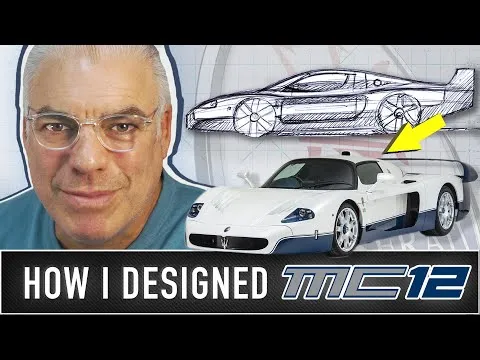
That then, is the inspiration for me writing this, after having seen it pop up on my homepage. One of the series which he does on YouTube shows how he designed his most iconic cars, and this newest one caught my eye - the MC12. It's one of the cars he worked on while at Maserati, and it remains one of the most striking and beautiful cars of its kind. Truly, you'd be hard-pressed to find someone calling the MC12 "ugly", as racy as it might look.
It was an important car in the history of Maserati as well, as it was their champion to bring them back into the world of motorsports. After years of being on the backburner, this was Maserati's watershed moment. Simply put, it had a very successful racing career, as the MC12 won 40 races, carrying 6 Team's Championships, 2 Constructor's Championships, and 6 Driver's Championships. In the 2005 FIA GT series, the MC12 won double the number of points as the next manufacturer, which was Ferrari.
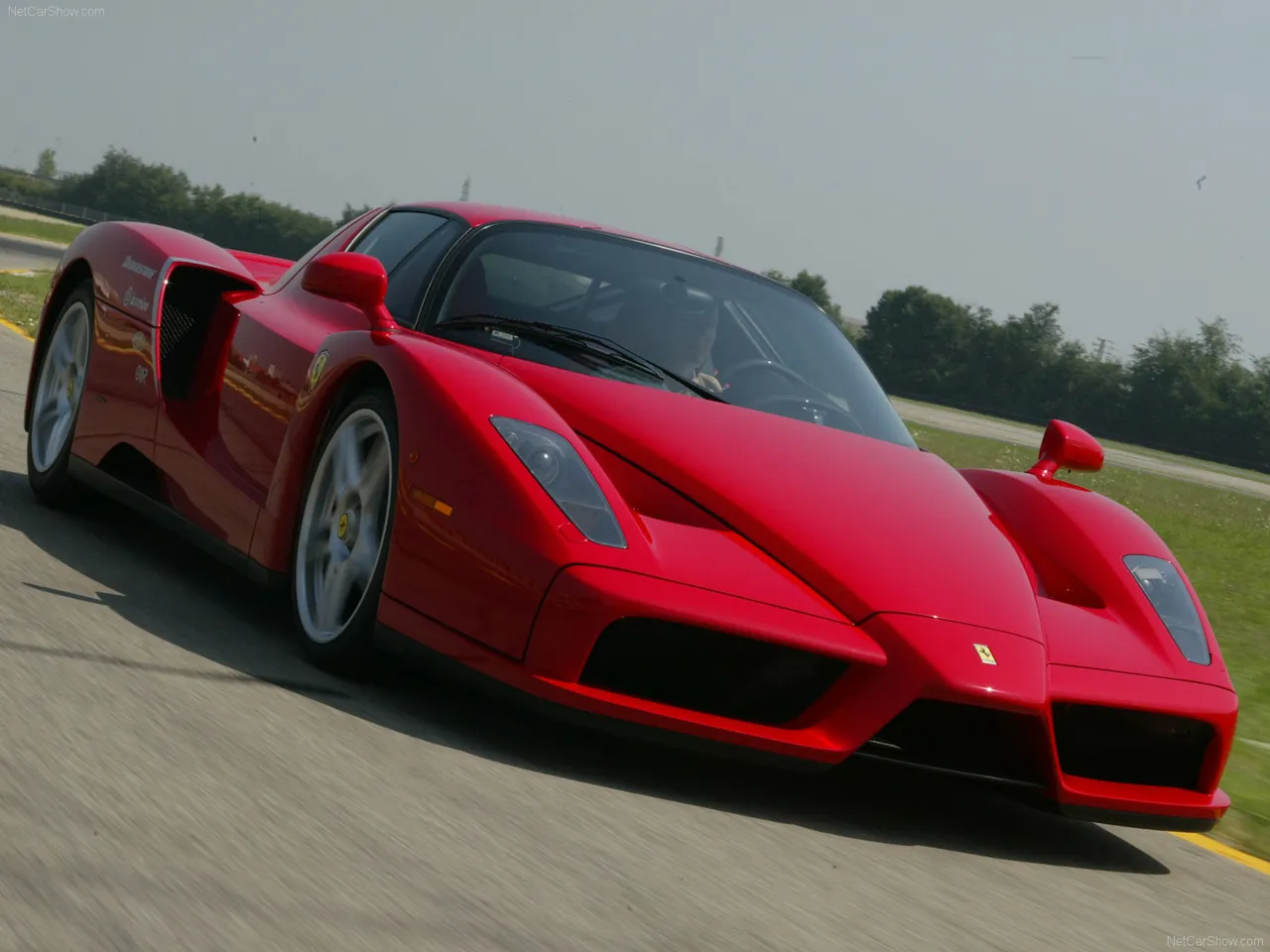
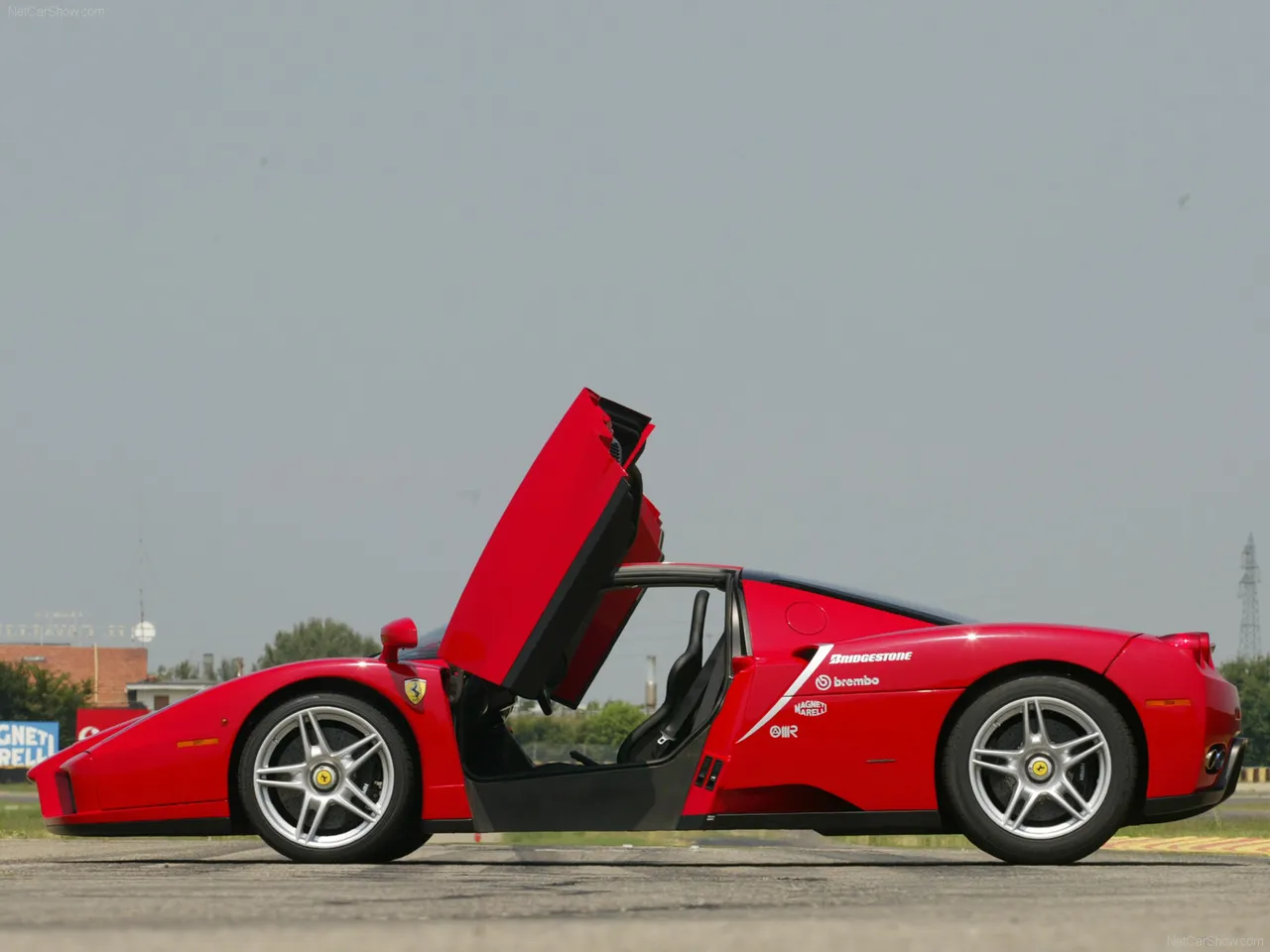
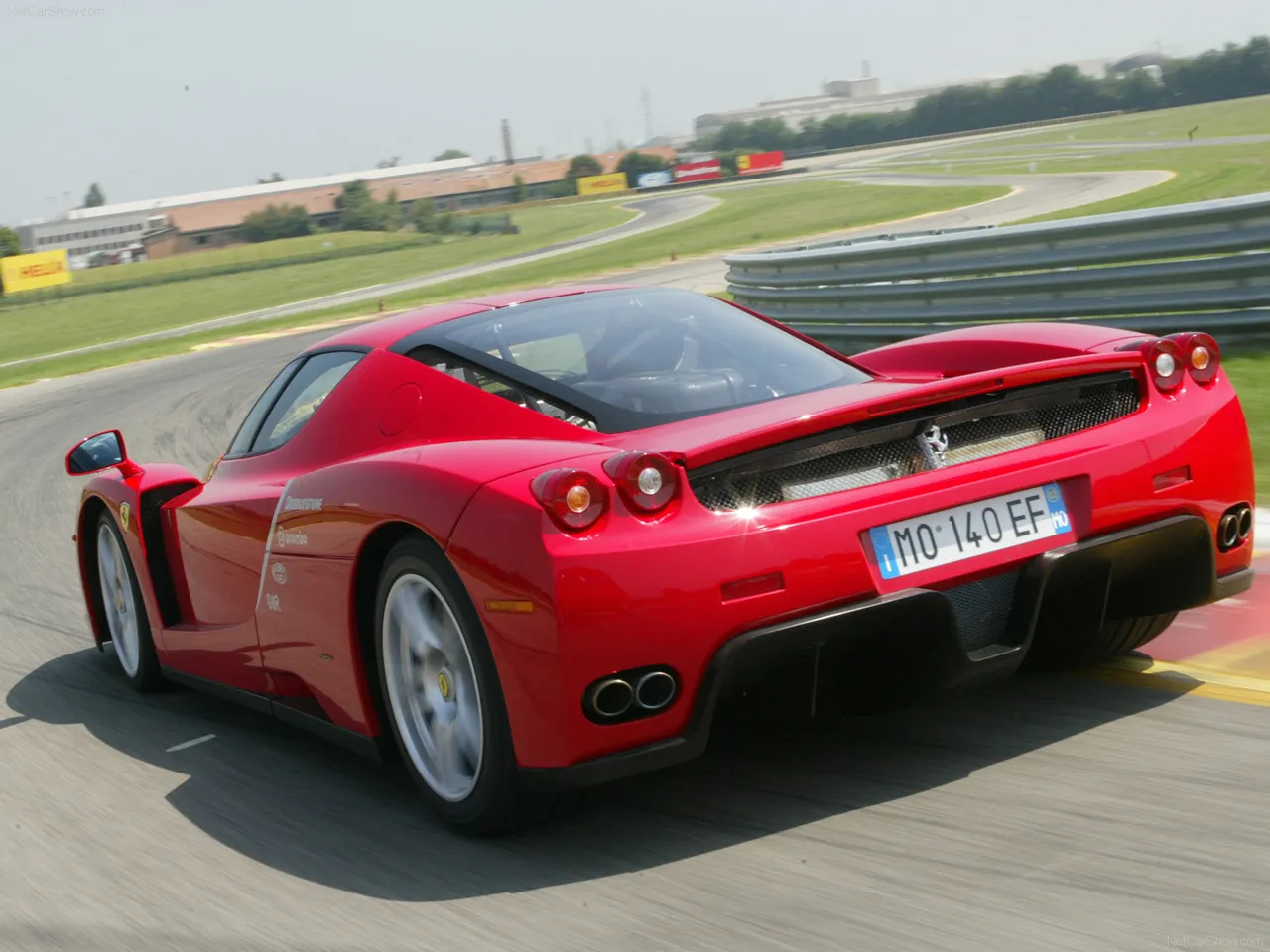
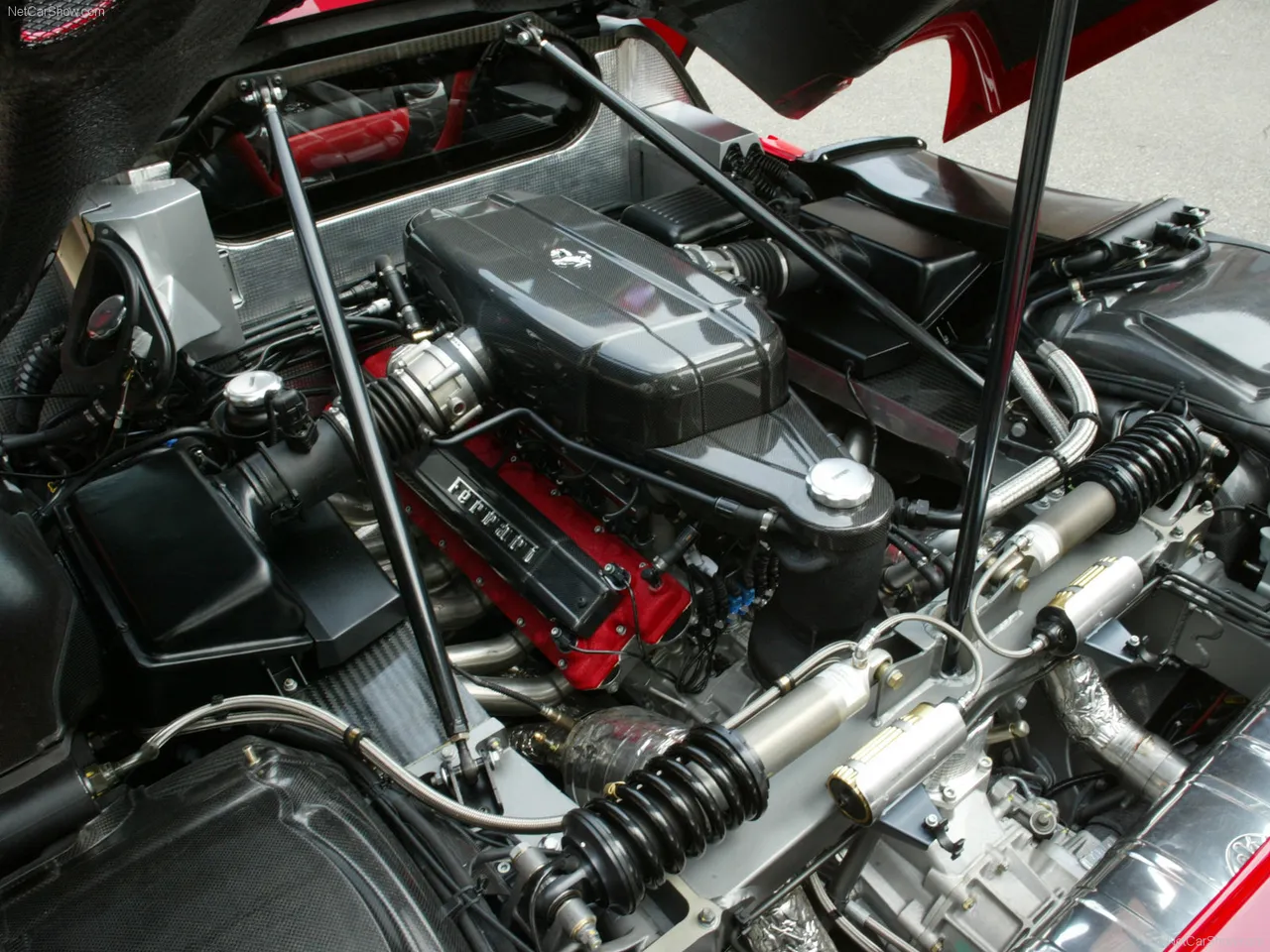
Credits to: NetCarShow - Ferrari Enzo | The original, the legend.
This probably made for some awkward conversation between the bosses of those two companies, since Ferrari owned Maserati, and the MC12 borrows most of its parts from the Enzo - the car, not the person, mind. It had the same screaming 6.0-litre V12 powerplant, and mated to the same 6-speed automated-manual transmission. Sure, the underpinnings and running-gear had been tuned differently, but still.
What is obviously different, however, and the winning factor of the MC12 was Frank Stephenson's design. It's bodywork was longer, and wider than the Enzo. Refinements were made to the aerodynamics, helped with its large rear-wing, and increased venting. As a result, the MC12 is more slippery - read: lower drag coefficient - and had better downforce than the Enzo. This meant that it could outpace its Ferrari sibling in the straights, and the corners. A winning recipe, even if the MC12 was slightly less powerful, on purpose.
This video here shows Stephenson walking us through his thought process behind the details of the MC12's exterior. It showed how he created some of its most distinctive details, and how it flowed with the rest of car. As the first Maserati of its kind, he had some leeway in how it could look, not being tied with sticking to old designs. Yet, it was crucial that he kept to Maserati's unique DNA and treasured heritage, making sure it wasn't lost in the process.
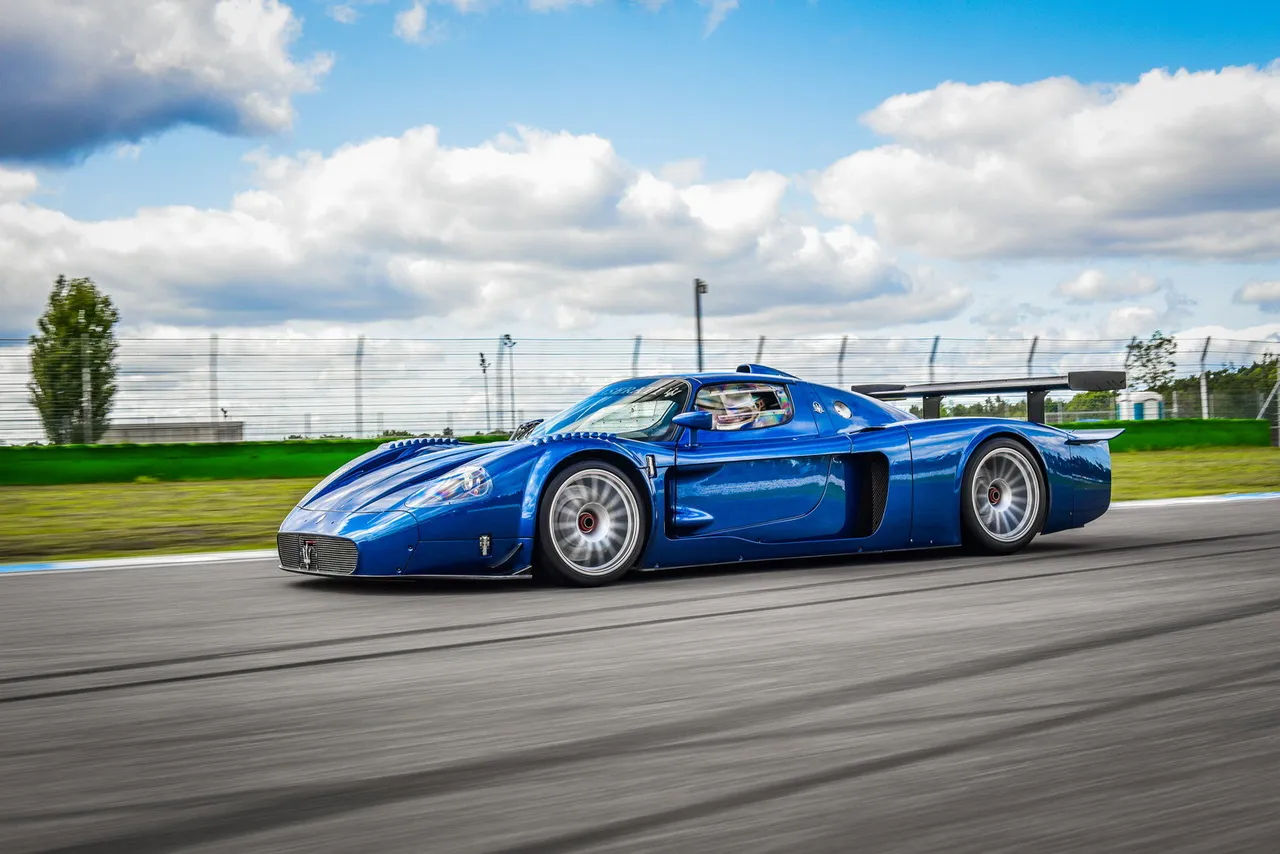
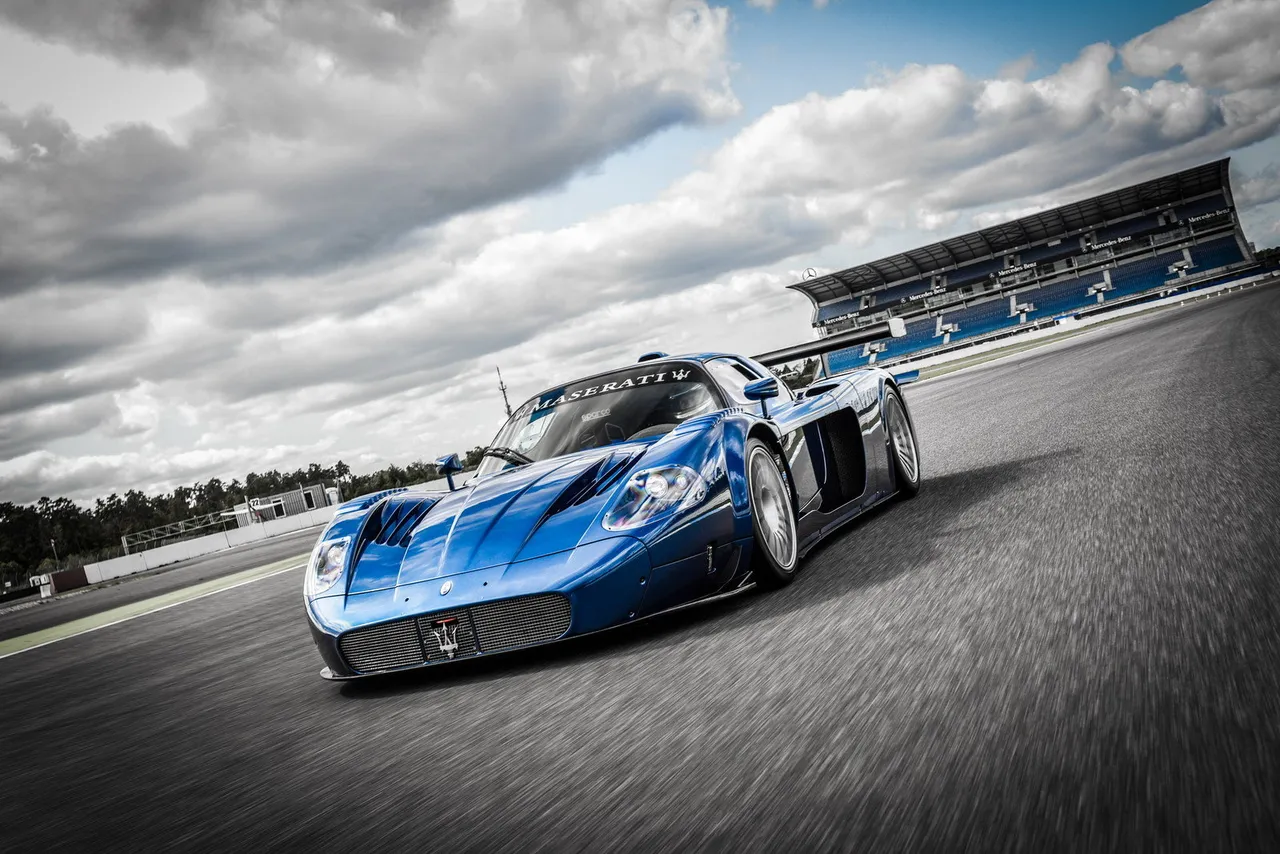
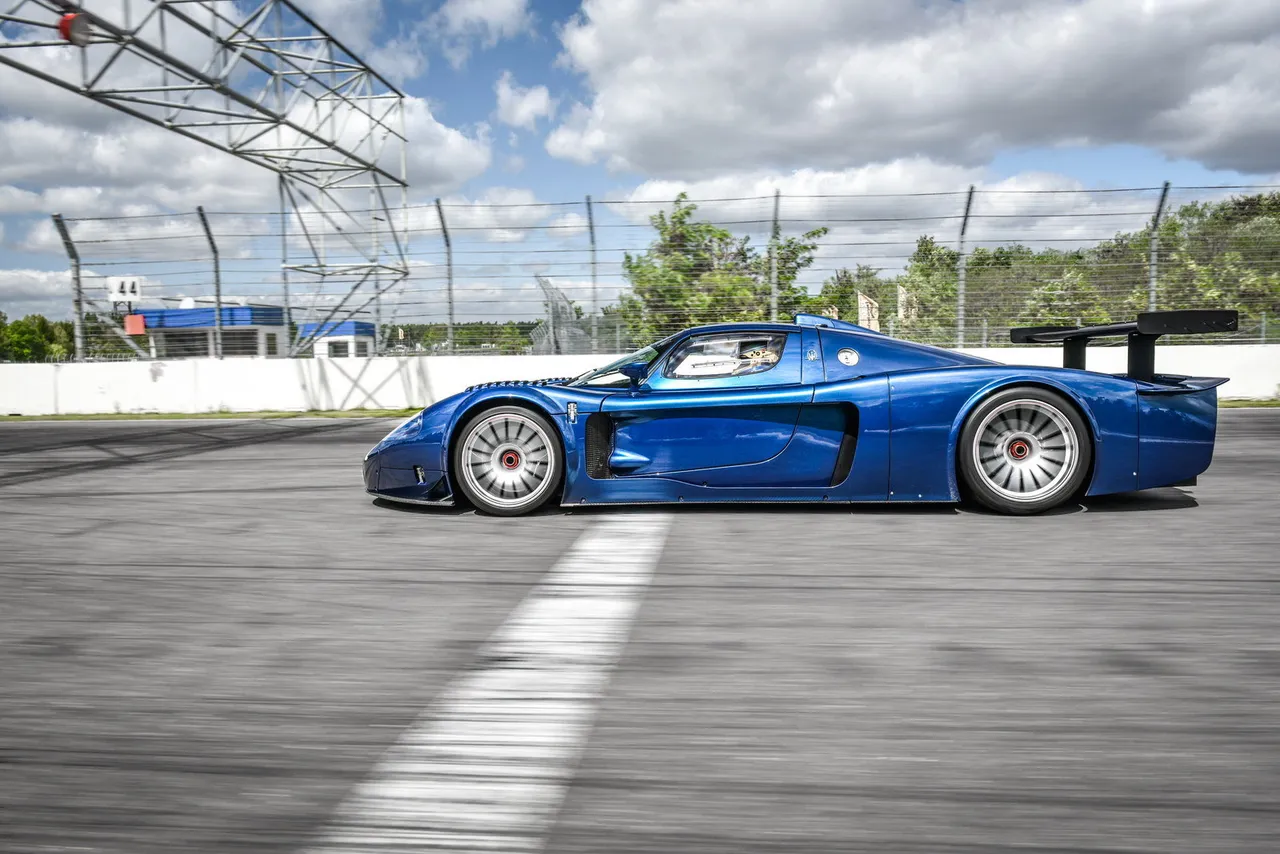
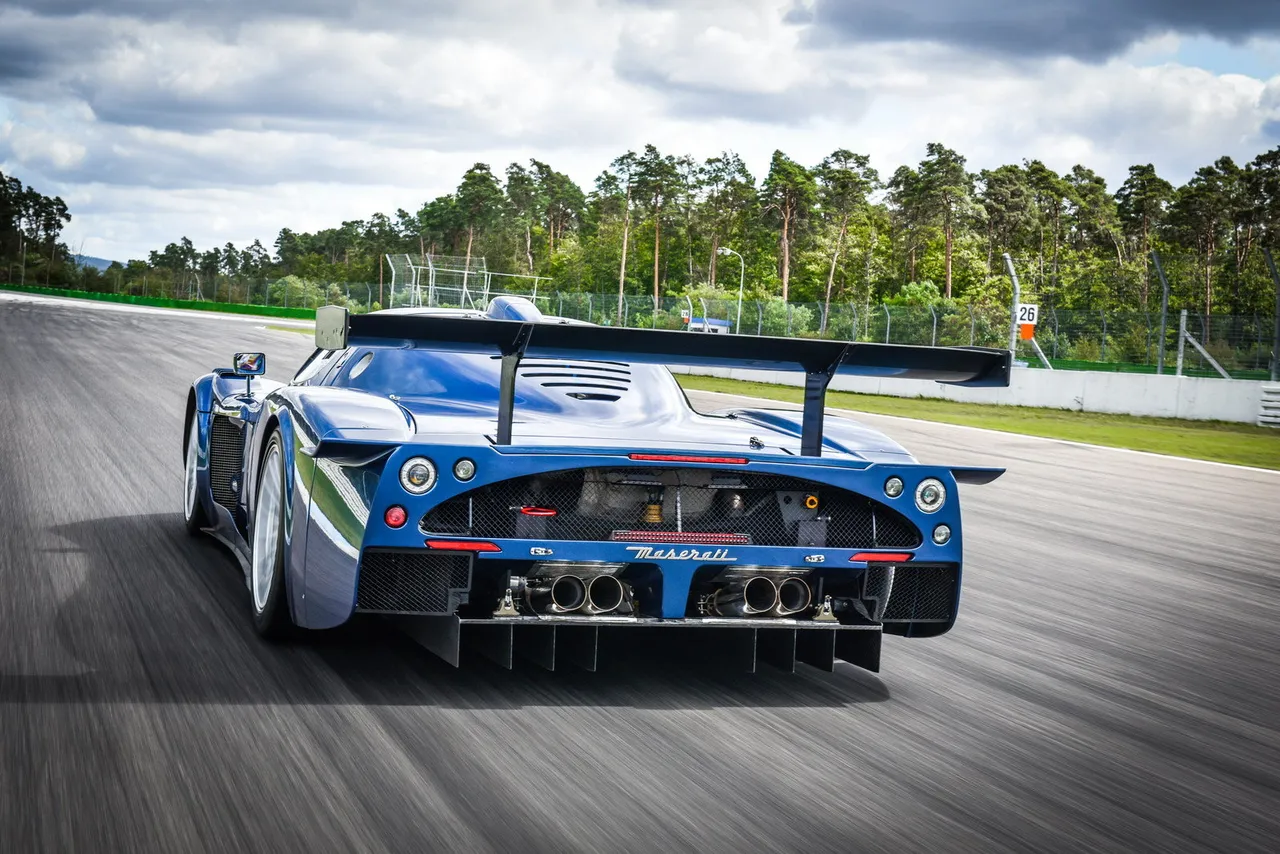
Credits to: TopSpeed - MC12 'Edo Competition' | Notice the added length and girth compared to the Enzo.
I think he nailed it, personally. Stephenson also talked through some of his frustrations while designing the MC12. The cockpit is taken straight from an Enzo, keeping some integral structures that couldn't be changed - thus ruining the seamlessness of the bodywork. In all, it's some pretty interesting stuff to watch and listen, if you've got 10 minutes to spare and wanting to see a work of automotive art come to life.
It's a relaxing video to calm down, and it's also a neat chance to learn something new from one of the greats. Frank Stephenson is an inspirational fellow who's never tired or bored of sketching something new or interesting, taking cues from anything he sees. I feel that he's probably the sort of person who'd quickly snatch a napkin from your table to draw what comes into this mind. Honestly if I was sitting next to him at a restaurant, I wouldn't mind losing a napkin, just gazing at the wonder of his ballpoint-pen working away.
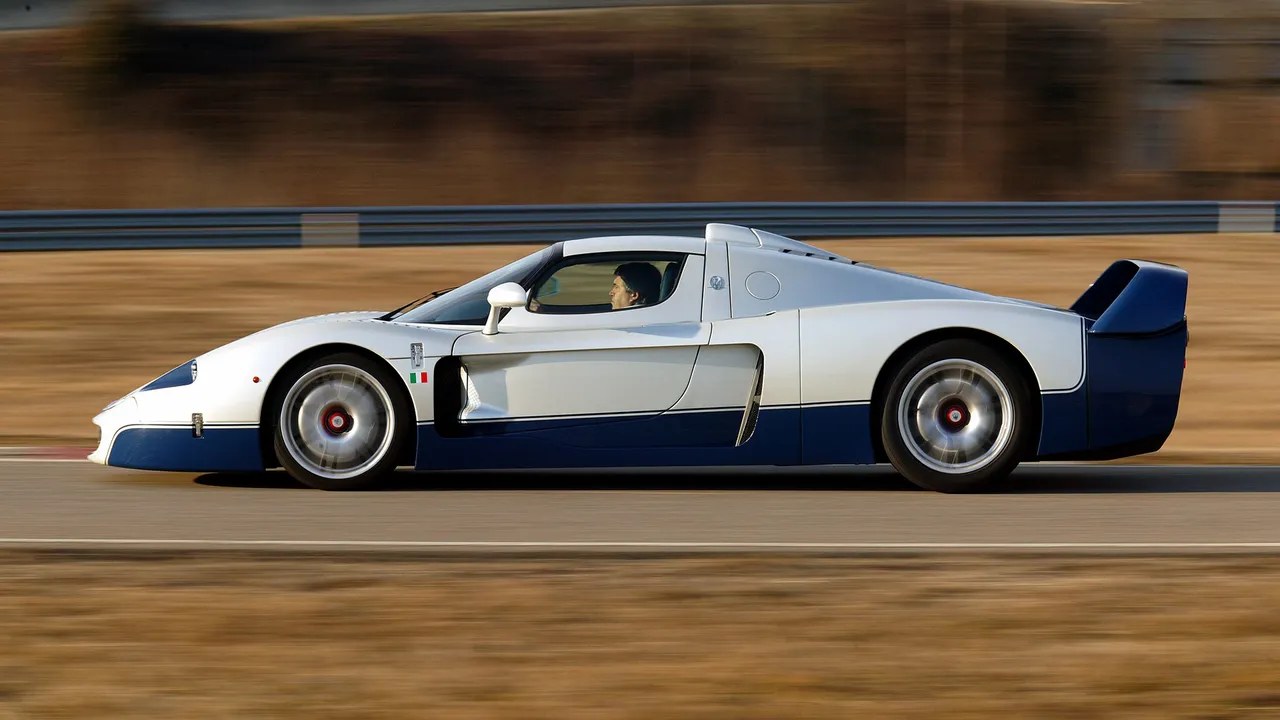
Credits to: CarPixel - Maserati MC12